eu-citizen.science blog
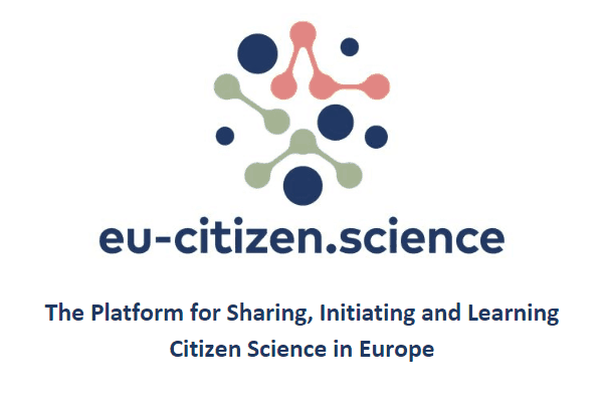
Francisco Sanz, March 31, 2020, 4:19 p.m.
Criteria and Rationale for Sharing and Selecting State of the art Citizen Science Resources
This deliverable (D3.1) “Framework report describing criteria and rationale for sharing and selecting state of the art citizen science resources” describes the set of criteria and actions for identifying good quality citizen science resources for the EU-Citizen.Science platform.
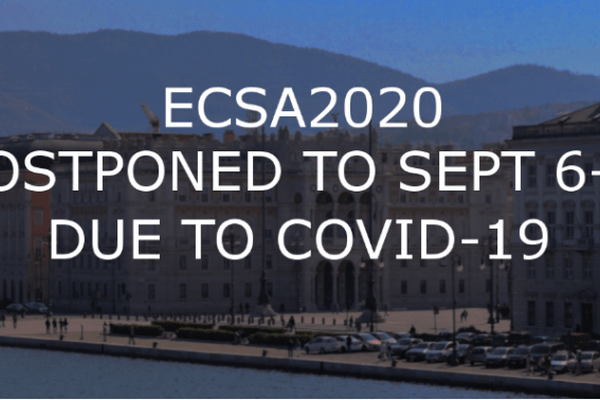
Francisco Sanz, March 31, 2020, 4:16 p.m.
ECSA Conference Postponed
Due to the uncertainty of the current situation linked with the COVID19 outbreak, the 2020 ECSA conference in Trieste (Italy) (which was initially organised on 24-6 May) is now postponed to 6-8 September.

Francisco Sanz, March 31, 2020, 4:14 p.m.
People need to feel that they belong to science
For the last interview of our series about inclusion in citizen science, we wanted to know more about what’s happening outside of our continent. We travelled (virtually of course) to the West Coast of the USA to have a chat with Shara Fisler, founder of the Ocean Discovery Institute, an organisation specialised in citizen science projects involving underrepresented minorities.
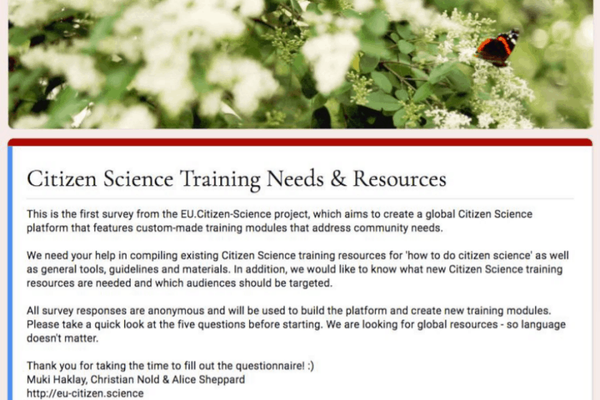
Francisco Sanz, March 31, 2020, 4:09 p.m.
Report in training needs
The deliverable D5.1 Report in training needs combines four elements: a review of the socio-demographic context of citizen science, a literature review of learning in relation to citizen science, a community survey of training needs and a detailed analysis of a set of training resources. These four activities identified five distinct clusters of training needs/gaps:
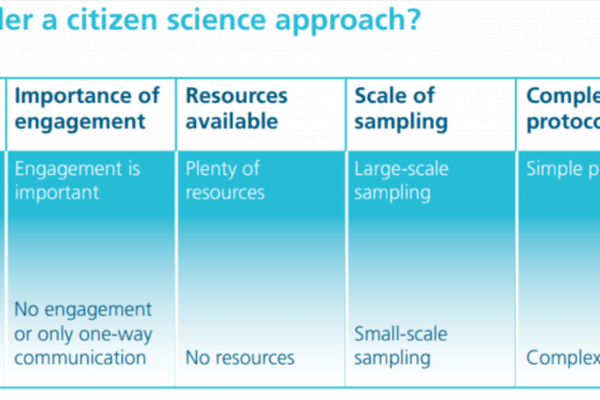
Francisco Sanz, March 31, 2020, 4:06 p.m.
Guidelines and Recommendations Based on a Range of Best Practices for Achieving Societal and Policy-Maker Engagement
The deliverable D4.1: Guidelines and Recommendations Based on a Range of Best Practices for Achieving Societal and Policy-Maker Engagement presents a list of recommendations for achieving engagement of society, including policymakers, with citizen science.
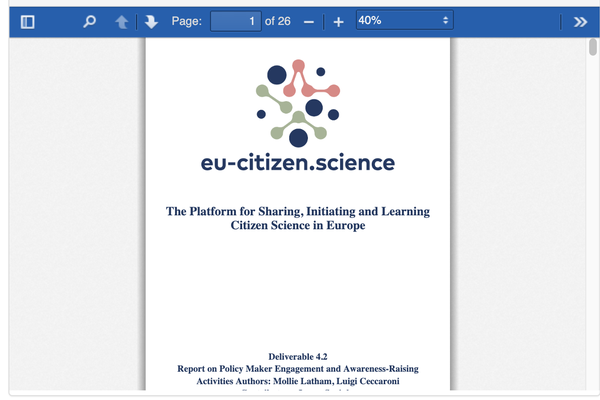
Francisco Sanz, March 31, 2020, 4:03 p.m.
Report on Policymaker Engagement and Awareness-Raising
The deliverable 4.2: Report on Policy Maker Engagement and Awareness-Raising offers guidelines and recommendations for raising awareness of citizen science activities and projects among a variety of stakeholders.

Francisco Sanz, March 31, 2020, 4:02 p.m.
We should be more sensitive to the mechanisms that affect Inclusion
Our journey in trying to understand the meaning of inclusion started with Emily Dawson and her call for a fight against exclusion and inequality in science engagement at large.
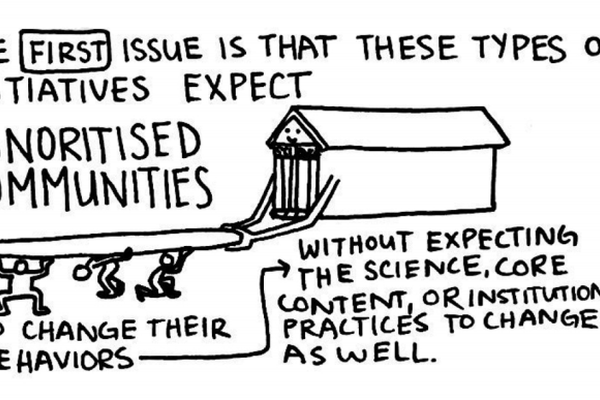
Francisco Sanz, March 31, 2020, 3:58 p.m.
Are you reaching people beyond the typical white middle-class?
After addressing the issue of pollution in our second edition, we chose to focus our third newsletter on another relevant subject for the whole science engagement field and that goes even beyond: Inclusion.

Francisco Sanz, March 31, 2020, 3:52 p.m.
Newsletter #3: Inclusion in Citizen Science
After our last issue on pollution, we chose to focus this third newsletter on a highly relevant topic for the science at large including citizen science: Inclusion.
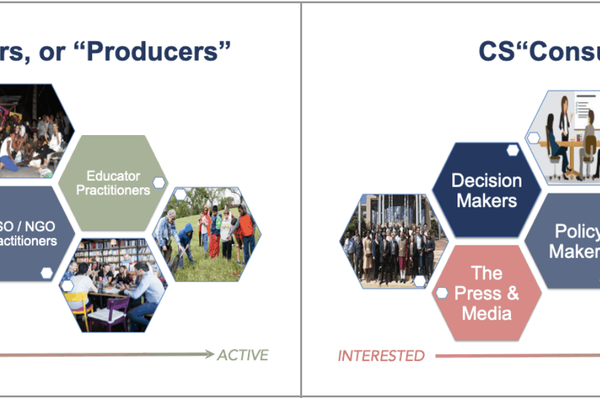
Francisco Sanz, March 31, 2020, 3:46 p.m.
Platform Functionality Requirements & Specification
At the end of 2019 we submitted one of our most important deliverables, which lays the foundations for the whole project – the ‘D2.3 Platform Functionality Requirements & Specification Report‘.
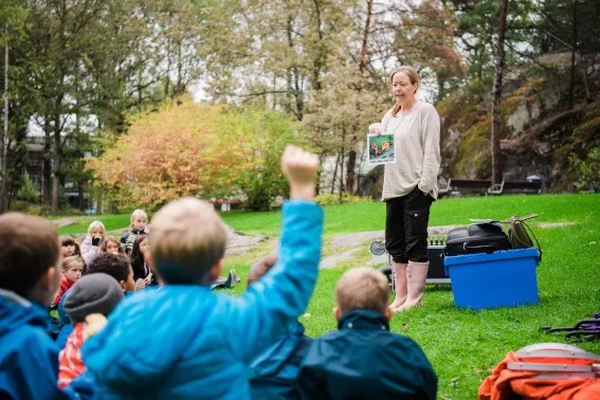
Francisco Sanz, March 31, 2020, 3:10 p.m.
Would you call this a citizen science activity?
EU-Citizen.Science and the European Citizen Science Association are trying to develop short briefing that can be used by research funders, policy bodies, and scientists, to decide which activities, and under which conditions, should be considered to be citizen science.
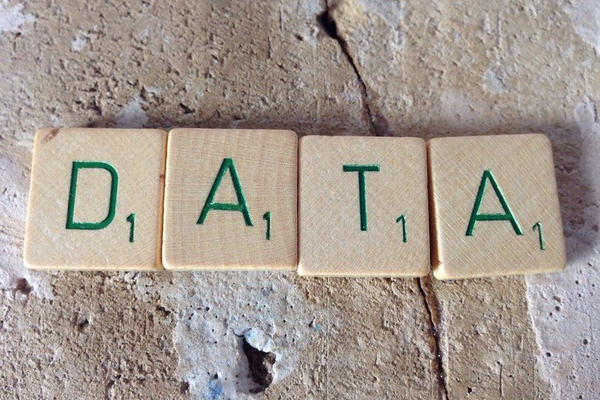
Francisco Sanz, March 31, 2020, 2:06 p.m.
Workshop on ethical and legal issues around ICTs
EU-Citizen.Science will co-host a workshop in Berlin next March, with the title ‘Creating a citizens’ information pack on ethical and legal issues around ICTs: what should be included?’.